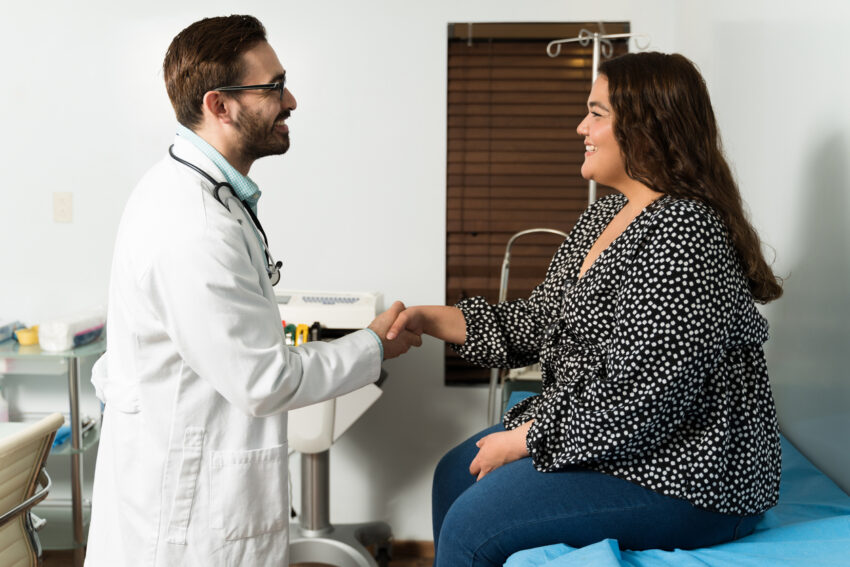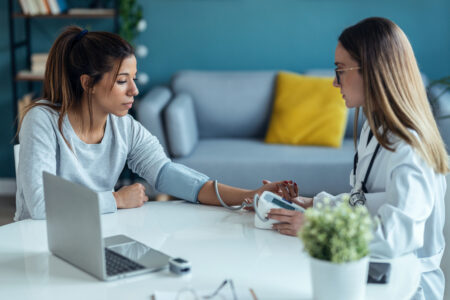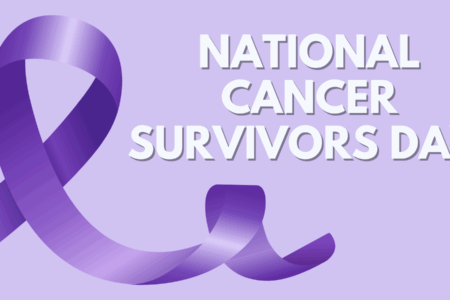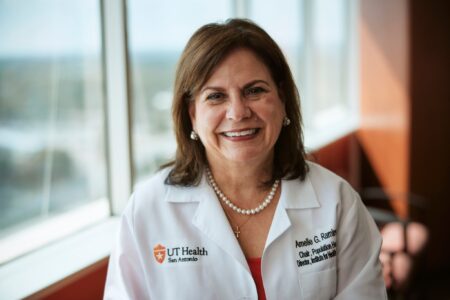
Share On Social!
UT Health San Antonio and other Texas universities are looking for healthy adults age 18 and older to participate in research studies across the state.
Learn more about this opportunity and how you can participate!
What is the Aim of the Studies?
The University of Texas System Health Biobank Consortium is a collaborative effort among eight UT institutions to standardize and expand access to human biospecimens.
Biospecimens are materials from the human body. They include tissues (hair, skin, or organs) and fluids (blood, urine, or saliva). These samples contain cellular, molecular, and chemical information.
Along with the samples, biosbanks store biospecimens with personal and medical information (age, sex, race/ethnicity) and details about a donor’s lifetime environmental exposures (diet, tobacco use, sunlight, toxic chemicals, infectious agents, etc.). Samples are needed from healthy people and those experiencing disease.
Researchers use biospecimens to study new ways to prevent, diagnose, or treat cancer and other diseases.
By transforming multiple UT biobanks into a cohesive system, scientists will be able to conduct research using larger sample sizes and data sets for many diseases.
“The end result will be improved research effectiveness and quality and faster translation of discoveries to directly benefit patients,” according to study leaders.
What Will Study Volunteers Do?

Healthy adults are needed to volunteer.
Volunteers will be asked to confirm their eligibility and schedule a one-time, half-hour research visit at UT Health San Antonio.
The research visit will include a brief medical history questionnaire and a blood draw.
How Can You Participate?
Pilot projects to gather healthy controls are currently ongoing at UT Health San Antonio, UTHealth Houston, and UT Southwestern.
At UT Health San Antonio, people interested in volunteering should email Austen Clark at clarka5@uthscsa.edu.
You can also find more information by filling out the Healthy Control Pilot Study survey form.
Volunteers will be compensated for their time.
How Else Can You Help with Biospecimen Donation?
The National Institutes of Health’s All of Us Research Program has another opportunity for Latinos to participate.
The program is recruiting at least one million diverse people to share information about their health history and environment.
Participants will donate a biospecimen in the form of a blood or saliva sample. The information collected through research for the database helps researchers learn how biology, lifestyle, and our environment impacts health.
For additional information on the research study and eligibility, visit the Salud America! Take Action article on the program.
Learn more about biospecimen donation in English or Spanish.
How Else Can You Help Latino Families?
Along with biospecimen donation, there are several other clinical trial opportunities that Latino families can participate in.
Clinical trials are studies that help researchers learn more to help slow, manage, and treat Alzheimer’s and cancer for current and future family members.
But without Latino volunteers for clinical trials, the benefits may miss this group.
“Latinos in clinical trials are not only helping themselves, but they’re also building a future with better treatments that can help their families in the future,” said Dr. Amelie Ramirez, director of the Institute for Health Promotion Research and Salud America! at UT Health San Antonio, who is expanding Latino clinical trial recruitment through a grant from Genentech, a member of the Roche Group.
To find a clinical trial to participate in, visit the Salud America! clinical trials page.
By The Numbers
142
Percent
Expected rise in Latino cancer cases in coming years



